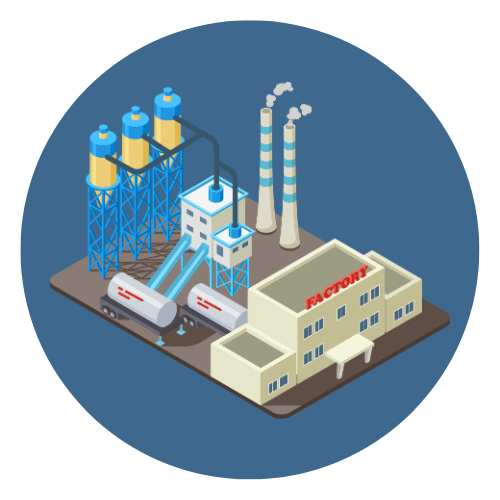When it comes to ensuring a steady supply of hot water in your home or business, choosing the right water heater is essential. The debate often comes down to a fundamental question: should you go with a gas or electric water heater? Each type offers distinct advantages and challenges, and the best option can vary depending on your energy needs, budget, and property layout.
A gas or electric water heater is responsible for heating water for everyday use, whether for bathing, cooking, cleaning, or industrial processes. These systems differ primarily in their energy source—natural gas or electricity—but that difference affects everything from installation and operating costs to efficiency and environmental impact.
This article explores the ins and outs of the gas or electric water heater decision. We’ll cover how each system works, their energy efficiency, environmental considerations, safety factors, installation requirements, and long-term costs. Whether you’re building a new home, upgrading an outdated unit, or simply trying to cut down on energy bills, understanding the pros and cons of each type will help you make the smartest choice.
Let’s dive into the comparison and find out which solution—gas or electric water heater—suits your needs best.
I. What Is a Water Heater?

A water heater is a device that heats and supplies hot water for residential, commercial, or industrial use. It provides hot water for essential everyday tasks such as showering, washing dishes, doing laundry, and cleaning. Water heaters come in various types, sizes, and technologies, but their main function remains the same: to raise the temperature of cold water and deliver it when needed.


 Automation System
Automation System  Energy Engineeing
Energy Engineeing  Instrumentation System
Instrumentation System  Mechanical Engineeing
Mechanical Engineeing  Piping Technologies
Piping Technologies  Transportations
Transportations  Manufacturing
Manufacturing  Training Material
Training Material 













